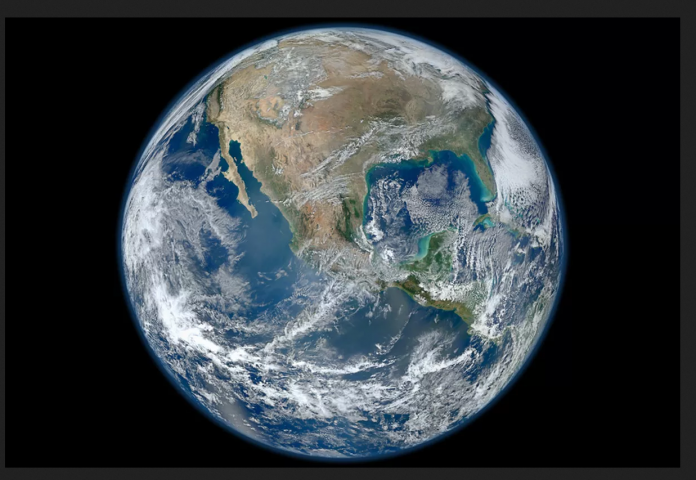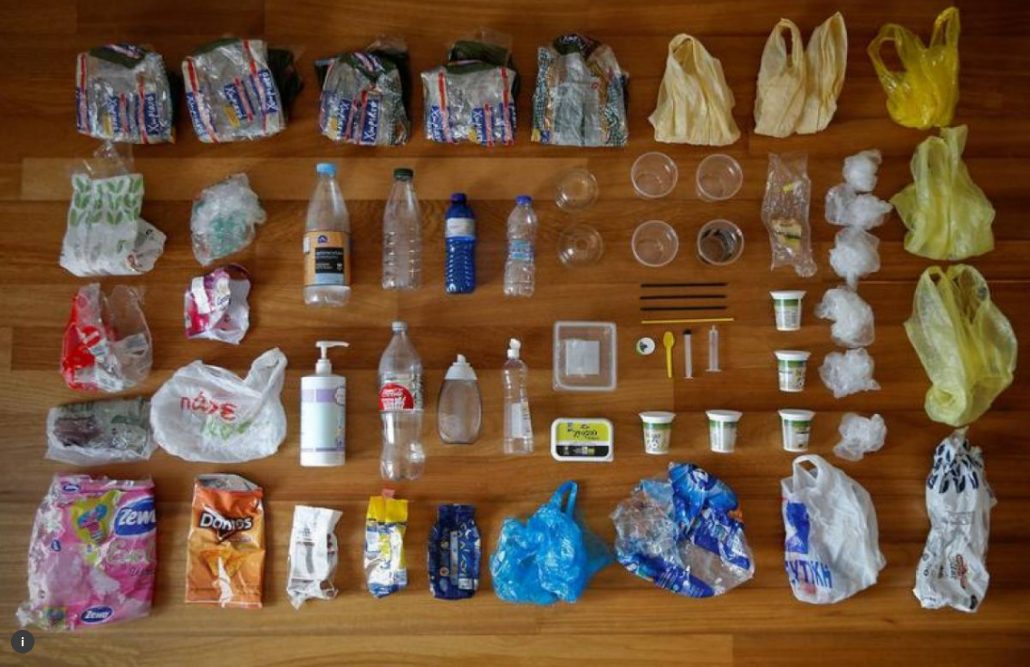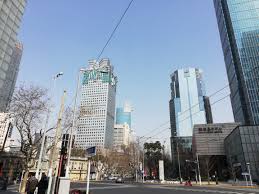
Plus some tips on how to be eco-friendly amid lockdown
AS WE give cheers to Earth Day’s 50th anniversary, we can pinpoint a bright spot: humanity has inadvertently given our bruised planet the best present it could bestow. Alone time.
Reports reveal that China’s air is the cleanest it’s been in decades, and locals in Punjab can see the Himalayas for the first time in years. Yosemite is brimming with wildlife unafraid to walk the roads once bumper to bumper with families.
In our end as the living, we could always help our planet inhale the love and care it deserves.
With millions told to stay at home or follow social distancing rules to limit the spread of the coronavirus pandemic, environmentalists say everyone can still take significant green steps without departing homes.
Environmental groups around the globe has celebrated the anniversary on Wednesday, using apps, online conferences and social media – and are urging climate-conscious individuals to join in, even if locked up.
Rather than binge watch Netflix, play video games, or sweat through another exercise class on YouTube, there are plenty of ways to maintain a sustainable lifestyle and keep busy.
“Your house or flat is just as much a part of the environment as the Arctic or the Amazon,” said Helle Abelvik-Lawson, a UK-based campaigner at Greenpeace.
“So if it’s the only bit of the environment you have easy access to, why not make it a greener place to live?”
Here are some ideas from noble environmental groups for a greener, planet-friendly living under lockdown:
Spring clean

Now could be the best chance you’ll ever get to clean out the spare room or tidy up the garage. But instead of throwing things out, refill, reuse and recycle – or give them away.
Here in the Philippines, relief packs include canned goods. So better make use of those! Pile up and sell in a nearby junkshop after ECQ.
You can also use old glass jars and bottles for keeping homemade salad dressing or holding candles, stationery or make-up.
Plastic or other containers that cannot be recycled could also come in handy as crafting items for children. Making toys or decorations from single-use plastics is a smart way to educate them about recycling and cutting down on waste.
Wildlife sanctuary

Whether your home is a city apartment or a house in the countryside, you could try turning your garden, balcony, patio, window sill or doorstep into a haven for animals and insects.
Plant vegetables, herbs and flowers in the earth or pots to help nourish bees, butterflies and other creatures. Making a mini-garden can ease stress while working from home – and entertain and educate younger members of the family.
The Department of Agriculture and Department of Environment and Natural Resources in the Philippines are also encouraging households to engage in gardening.
Food fun

Shopping for all the food you want may be a challenge with key baking ingredients like flour in high demand, but you can still get creative in the kitchen with what is in the cupboards.
A cook-off with friends over a video call could be a fun way to relieve stress, while eating less meat and more seasonal vegetable dishes to reduce the carbon footprint of your diet may help out local growers facing economic hardship.
Don’t forget to make the most of leftovers too – stock is one good way to use up uneaten chicken or vegetables. But if you can’t save the food, try composting waste to help with your home garden and plant leftover seeds to see what emerges.
Online activism

Street protests, global climate talks and conferences may have been cancelled or postponed, but you can still have your say via social media or video discussions.
Whether your cause is single-use plastic, cutting carbon emissions, saving forests or protecting endangered wildlife, go online and see how you can raise awareness, join virtual gatherings or lobby people in power.
Move your money

Switching your electricity to a supply from renewable sources such as wind and solar is another way to shrink your carbon footprint. Even easier when working from home is to pick a room with lots of natural light so you can minimize power use.
You could also think about reworking your finances to support environmentally conscious businesses or funds.(with reports from Thomson Reuters Foundation,Newsweek/PN)



